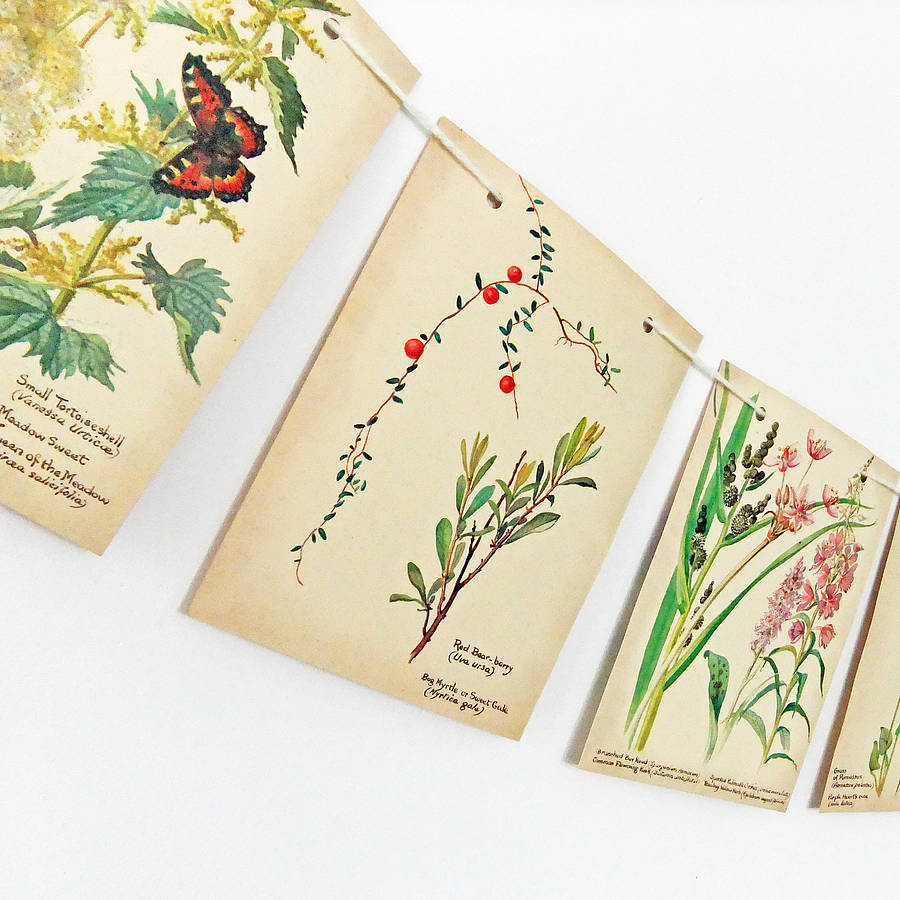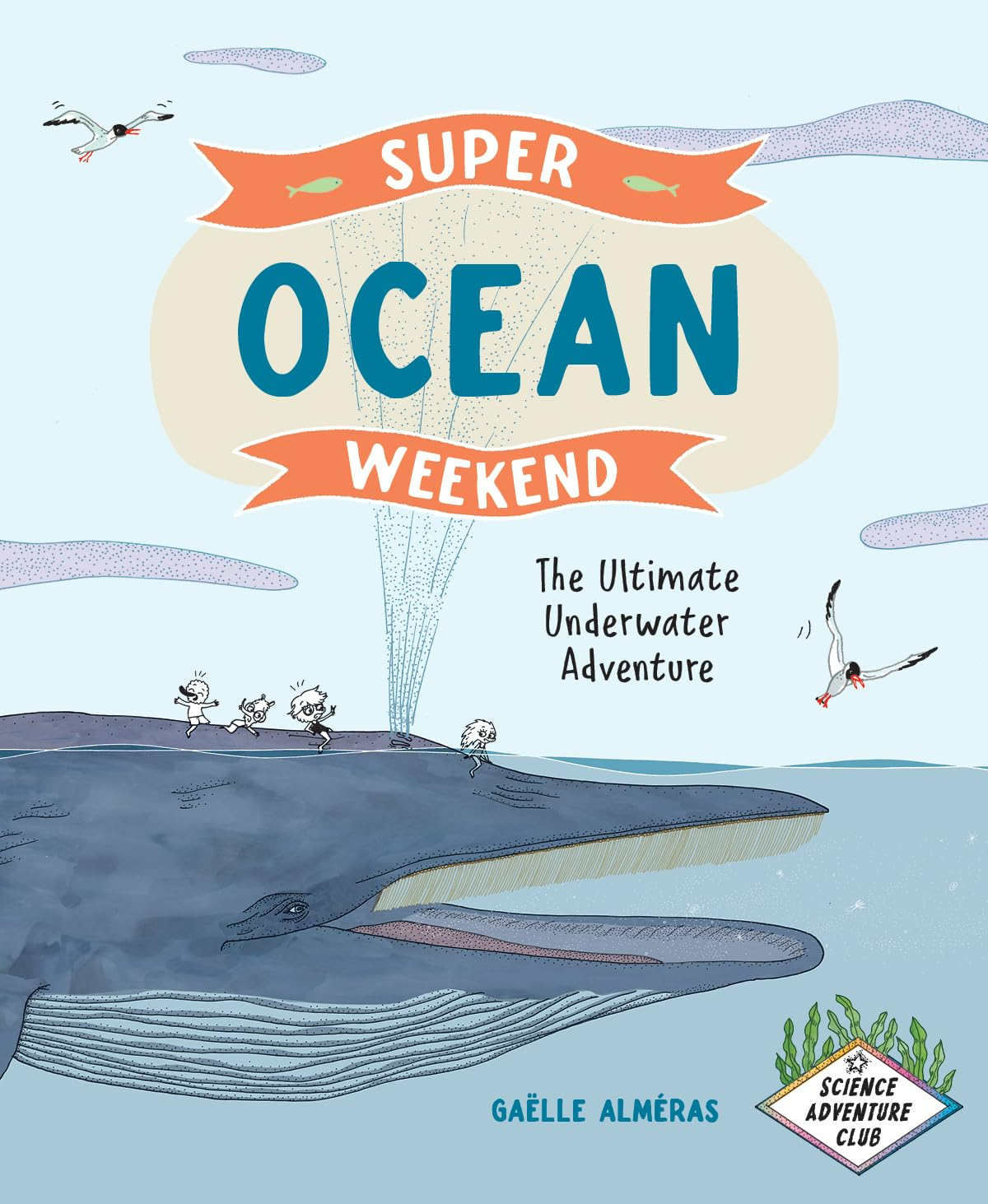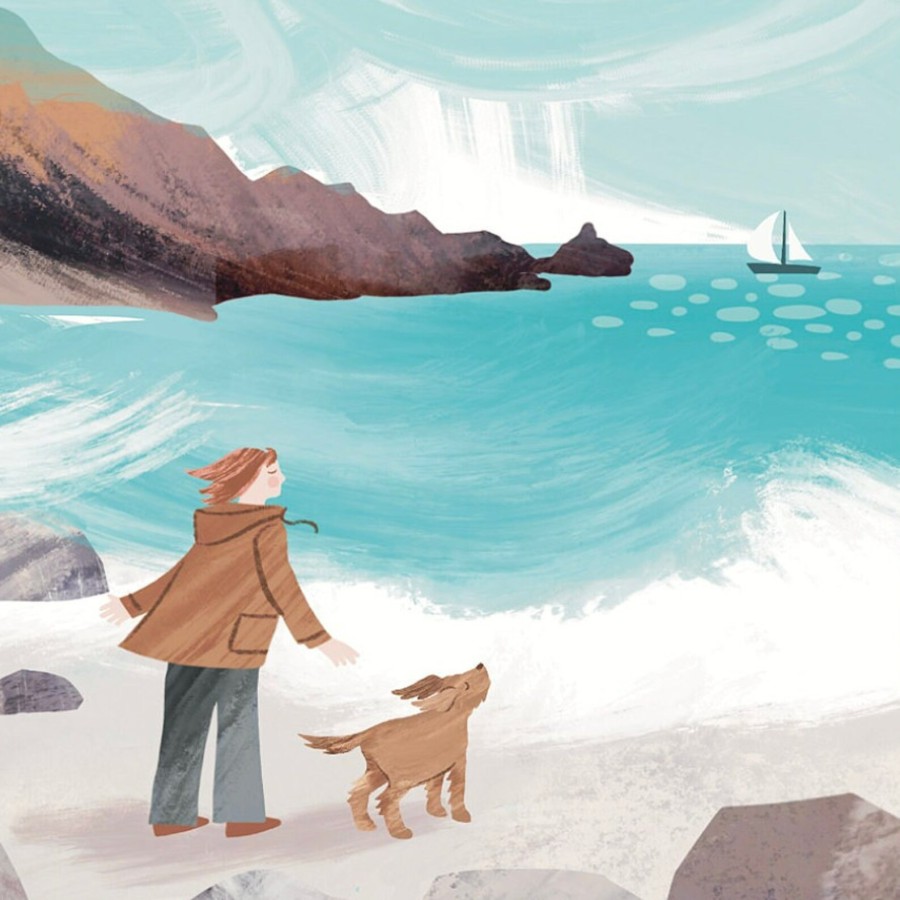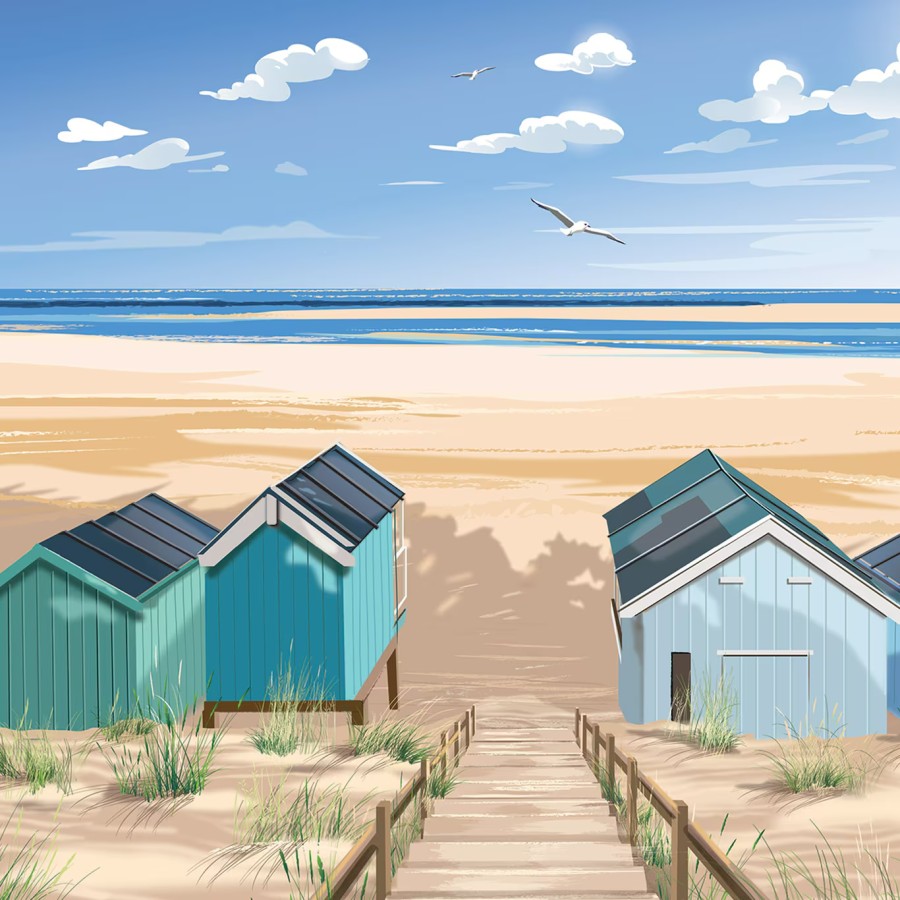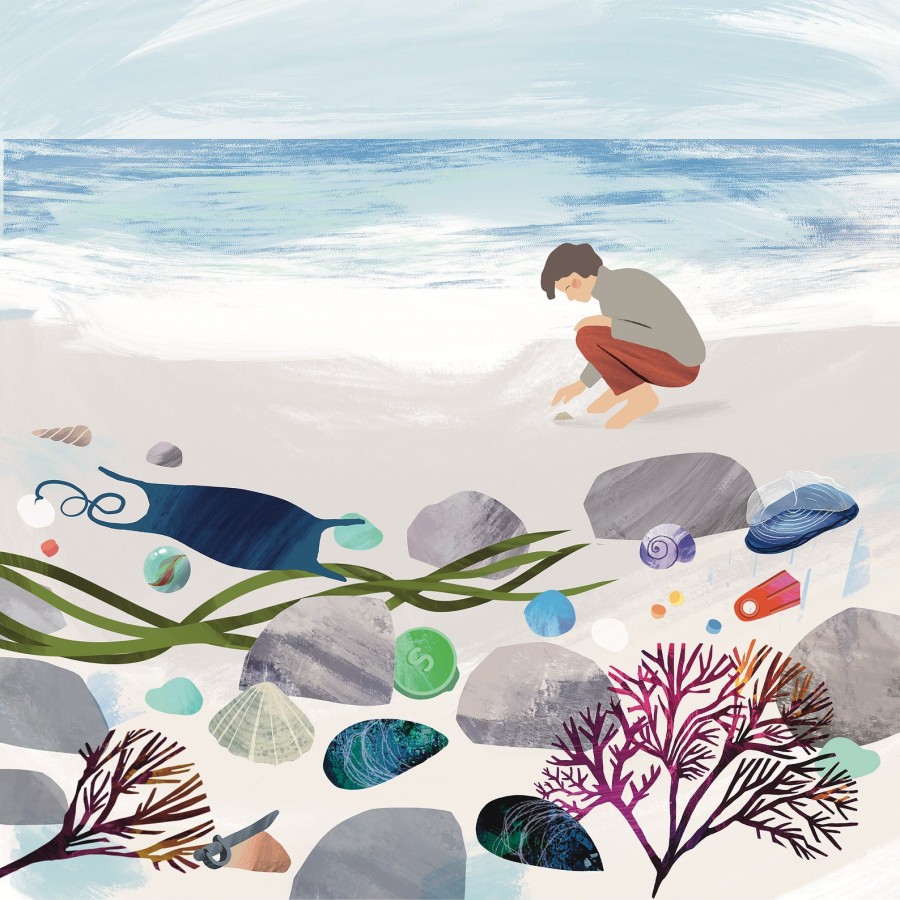
So-called ‘beach-combing’ is a popular pastime in England, but in fact most of the time it’s not good to take things (unless you’re clearing up plastic litter for volunteer clean-ups).
It’s fine for artists to take sea-glass (washed up broken bottles that have been smoothed by the waves) to create jewellery. Your pair of earrings may well have been a pirate’s bottle from hundreds of years ago – shiver-me-timbers! Sea glass is basically ‘very beautiful litter’ so it’s okay to remove.
The Coast Protection Act 1949 states that it’s illegal to take sand and pebbles from our beaches. Although it’s not illegal to some items like driftwood, it can still form essential habitats for wildlife, so it is not advised.
But overall, leave things at the beach alone. These include:
- Sand & pebbles. Both can cause coastal erosion if removed, leading to changes to our ecosystems, and even lead to floods.
- Shells – even if empty, shells can provide homes to many creatures like hermit crabs (sadly some have been found to also nestle in plastic waste).
- Seaweed – it’s okay for experts to sustainably hand-harvest seaweed as they know what they are doing to ‘give seaweed a haircut’, but not remove the roots. As one experts says, it may be seaweed to you, but it’s the universe to a shrimp! Keep dogs away from seaweed, as they like to play with the fronds, but it expands in the stomach as it dries’. Seaweed is also very slippery, so it can be dangerous to go foraging on rocks.


